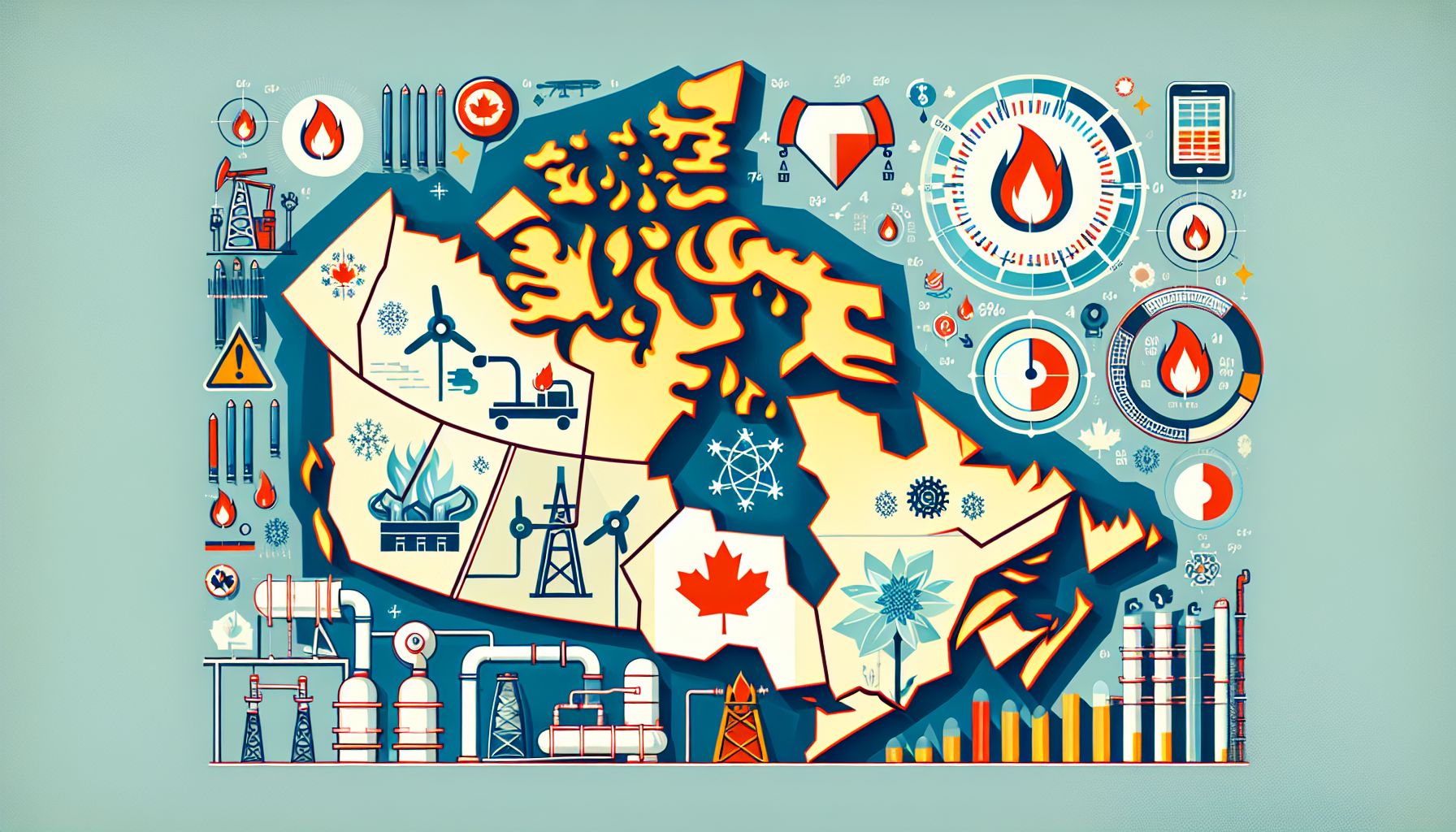Canada’s oil and gas industry has always been a key player on the global stage, generating substantial revenue and contributing to the country’s economic growth. With an abundance of natural resources, Canada has long been recognized as one of the world’s largest producers of oil and gas. However, recent developments in the industry have started shifting the focus towards natural gas, presenting a promising future for this alternative energy source.
In the past, Canada relied heavily on conventional oil production, but the landscape has been evolving rapidly. Environmental concerns, the need for sustainable energy solutions, and advancements in technology have all played a significant role in driving the growing popularity of natural gas. This shift not only benefits the environment but also opens up new opportunities for revenue generation and job creation.
One of the main reasons why natural gas is gaining traction is its relatively lower environmental impact compared to oil. The combustion of natural gas produces fewer greenhouse gas emissions, resulting in cleaner air and a reduced carbon footprint. As climate change concerns continue to grow, the demand for cleaner energy sources becomes increasingly imperative. By embracing natural gas, Canada can showcase its commitment to sustainability and position itself as a leader in the global energy transition.
Furthermore, the advancements in technology have made the extraction of natural gas more efficient and cost-effective. Hydraulic fracturing, also known as fracking, has revolutionized the industry by allowing access to previously inaccessible gas reserves. This innovative technique involves injecting fluid into the ground at high pressure, creating fractures and releasing trapped natural gas. Fracking has significantly increased Canada’s gas production and unlocked vast untapped resources.
Another crucial factor contributing to the rise of natural gas in Canada is its versatility. Natural gas can be used for a wide range of purposes, including electricity generation, heating, and as a feedstock for various industrial processes. Its flexibility makes it an attractive option for businesses and households alike, offering a reliable and accessible energy source. This versatility also provides opportunities for diversification within the industry, allowing for multiple revenue streams and long-term stability.
Canada’s geographical position further enhances its potential as a major player in the natural gas industry. With substantial reserves in Western Canada, including the Montney and Duvernay formations, the country possesses ample resources to meet domestic demand and expand its exports. In recent years, Canada has been actively pursuing LNG (liquefied natural gas) projects to tap into the global market. These initiatives, coupled with strategic partnerships, have the potential to boost Canada’s economy and establish it as a reliable energy supplier on a global scale.
In conclusion, the growing popularity of natural gas within Canada’s oil and gas industry marks a significant shift in the country’s energy landscape. With its lower environmental impact, technological advancements, and versatility, natural gas presents a promising alternative to conventional oil. By capitalizing on its abundant resources and geographical advantages, Canada has the potential to become a leading global player in the natural gas market. Embracing this shift not only aligns with environmental sustainability goals but also opens up new avenues for economic growth and prosperity. As Canada moves towards a greener future, the natural gas industry will undoubtedly continue to play a pivotal role in shaping the country’s energy landscape for years to come.

